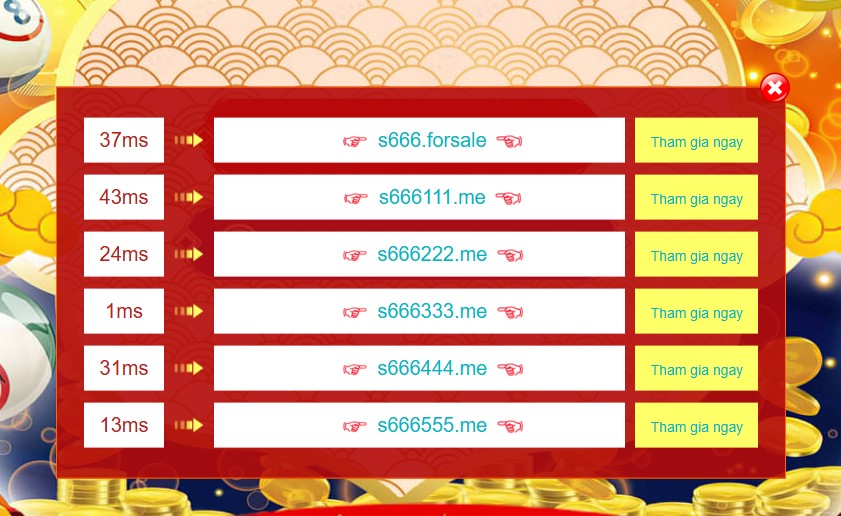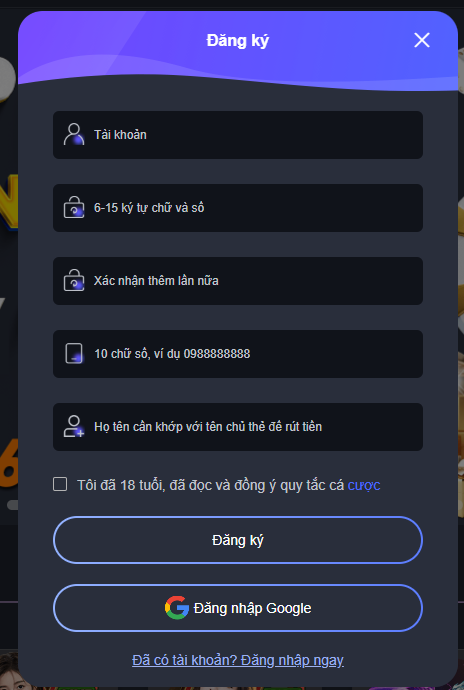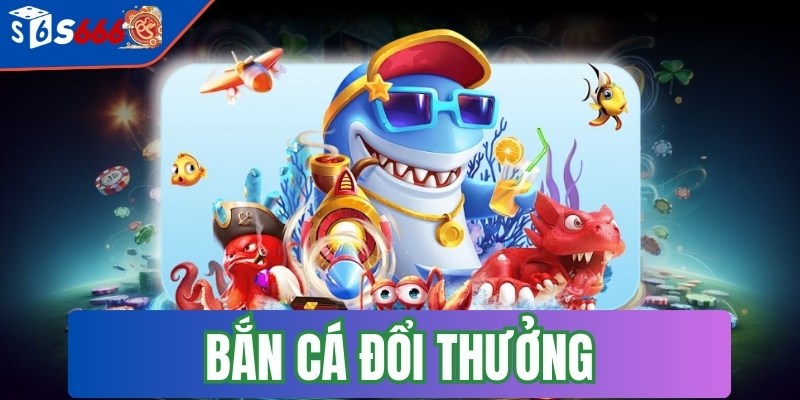S66 – Link Đăng Nhập S666.com Nhận Khuyến Mãi
S66 vinh dự nằm trong số những nền tảng cá cược trực tuyến hàng đầu tại châu Á, mang đến cho người chơi một thế giới giải trí đa dạng và an toàn. Để người dùng hiểu rõ hơn về nền tảng này, chúng tôi xin công bố thông tin chính thức về giấy tờ hợp pháp, quá trình thành lập và các tên miền chính thức của hệ thống S66.
Video Giới Thiệu Tổng Quan Về S66
Video trên cung cấp cái nhìn tổng quan về S666.com, từ lịch sử hình thành đến các dịch vụ nổi bật, giúp người dùng hiểu rõ hơn về nền tảng cá cược uy tín này. Nhấp vào video để bật âm thanh và khám phá thêm!
Quá Trình Thành Lập
S66 được thành lập vào ngày 2 tháng 6 năm 2007, đánh dấu sự ra đời của một nền tảng cá cược trực tuyến đầy tiềm năng. Với tầm nhìn mang đến dịch vụ giải trí chất lượng cao, S666.com được xây dựng bởi đội ngũ chuyên gia hàng đầu trong lĩnh vực công nghệ và cá cược. Sau gần hai thập kỷ hoạt động, nhà cái đã khẳng định vị thế với hàng triệu người chơi tại Việt Nam và khu vực châu Á, nhờ vào sự cam kết về tính minh bạch và trải nghiệm vượt trội.

Khởi đầu từ một nền tảng nhỏ, S66 không ngừng phát triển, mở rộng quy mô và cập nhật các sản phẩm mới để đáp ứng nhu cầu ngày càng cao của người chơi. Đây là nơi hội tụ của đam mê cá cược và công nghệ hiện đại, mang lại sự hài lòng tối đa cho cộng đồng thành viên.
Giấy Tờ Hợp Pháp Của S66
Tính hợp pháp là yếu tố quan trọng giúp S66 tạo dựng lòng tin với người chơi. S666.com được cấp phép hoạt động bởi PAGCOR (Philippine Amusement and Gaming Corporation) – một tổ chức quản lý cờ bạc uy tín tại Philippines, ngày 2 tháng 6 năm 2007. Giấy phép này không chỉ chứng minh S66 hoạt động hợp pháp mà còn đảm bảo mọi trò chơi đều được kiểm soát chặt chẽ, minh bạch và công bằng.
Ngoài ra, S666 tuân thủ nghiêm ngặt các quy định quốc tế về cá cược trực tuyến. Mọi hoạt động tại S666.com đều được giám sát bởi các cơ quan độc lập, đảm bảo không có sự can thiệp hay gian lận. Đây là lời cam kết mạnh mẽ của chúng tôi để bảo vệ quyền lợi người chơi.
Các Tên Miền Chính Thức Của Hệ Thống S66
Để đảm bảo người dùng truy cập an toàn và thuận tiện, S66 vận hành các tên miền chính thức sau:
- s666.com: Tên miền chính, trung tâm của hệ thống S66.
- s666.io: Lựa chọn thay thế, tối ưu cho người chơi quốc tế.
- s666.co: Tên miền phụ, hỗ trợ truy cập nhanh chóng.
- s666.me: Địa chỉ dự phòng, đảm bảo kết nối ổn định.
Đây là những tên miền được quản lý trực tiếp bởi S666, giúp người chơi tránh xa các trang web giả mạo. Chúng tôi khuyến nghị bạn chỉ sử dụng các địa chỉ này để đảm bảo an toàn tài khoản và thông tin cá nhân.

Trò Chơi Và Dịch Vụ
S666.com mang đến nhiều lựa chọn trò chơi thú vị và đa dạng:
- Cá cược thể thao: Đặt cược trên bóng đá, bóng rổ, quần vợt với hàng nghìn trận đấu mỗi tháng.
- Casino trực tuyến: Trải nghiệm Poker, Baccarat, Roulette với dealer thực tế.
- Slot game: Hàng trăm trò chơi với đồ họa sống động, phần thưởng lớn.
- Esports: Cá cược các tựa game như Valorant, PUBG, Overwatch.
- Xổ số: Cơ hội kiểm tra may mắn với phần thưởng hấp dẫn và dễ trúng.
Khuyến Mãi Hấp Dẫn
Nhà cái mang đến nhiều ưu đãi:
- Nhận ưu đãi 100% khi nạp tiền lần đầu, lên đến 2 triệu đồng.
- Hoàn tiền 1-2% hàng ngày trên mọi trò chơi.
- Quà tặng sự kiện đặc biệt khi tham gia các giải đấu lớn.
Hướng Dẫn Tham Gia S66
- Đăng ký: Vào trang chủ, nhập thông tin cá nhân và xác nhận OTP.
- Nạp tiền: Chọn chuyển khoản ngân hàng, ví điện tử hoặc thẻ nạp, tiền cập nhật trong 5 phút.
- Rút tiền: Cung cấp thông tin tài khoản, nhận tiền trong 5-15 phút.

Kết Luận
Với giấy phép từ PAGCOR, hơn 17 năm hoạt động và các tên miền chính thức (s666.com, s666.io, s666.co, s666.me), S666 là nhà cái đáng tin cậy để bạn tham gia cá cược. Truy cập ngay s66 để khám phá thế giới giải trí đỉnh cao và cơ hội nhận thưởng lớn!








